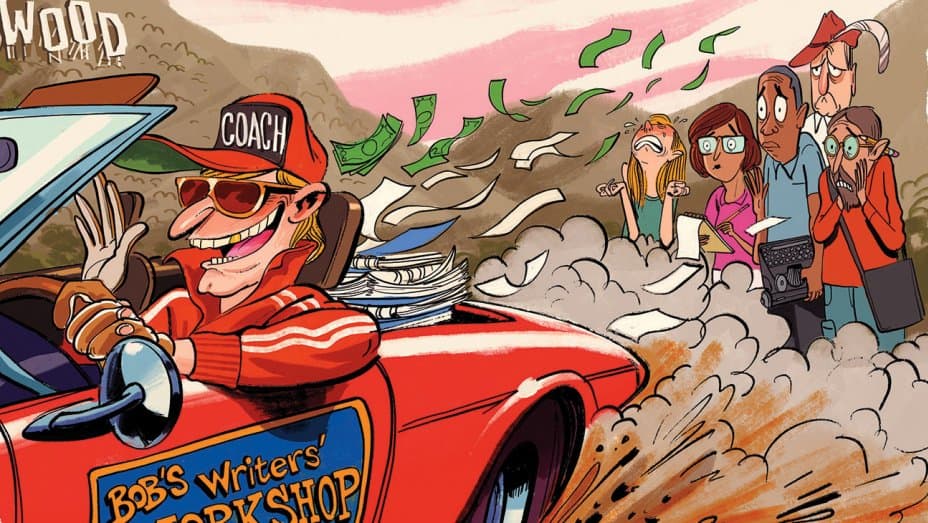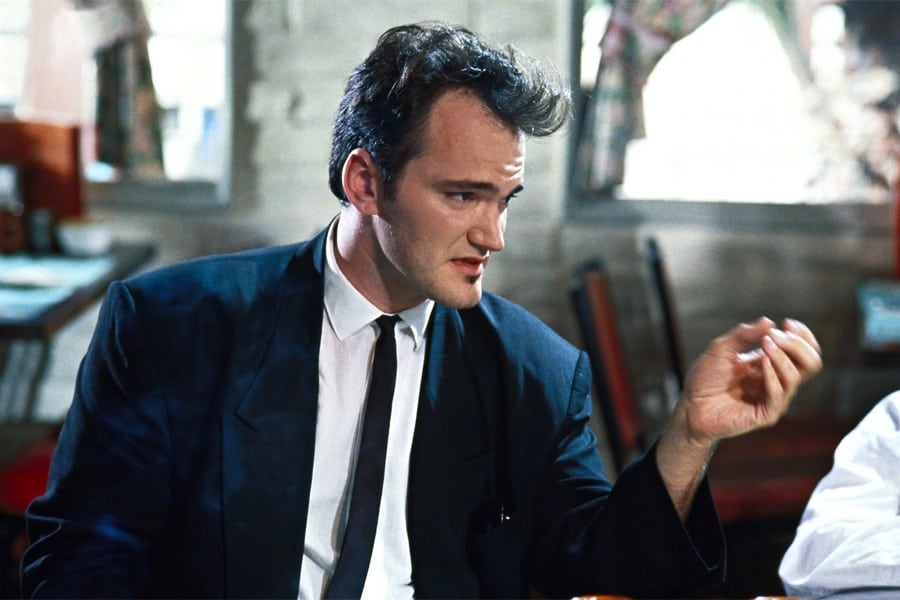Screenplays can have many purposes depending on what type of script you’re writing. But we narrowed it down to a basic definition for all of them.
What is the purpose of a screenplay? The purpose of a script is to act as a written plan for movie production. For aspiring screenwriters, the purpose is more of a resume to promote your skills as a writer to convince a producer to create a movie.
Without a screenplay, the director, producers, actors, producers would be making the movie up as they go. Leading to a longer time on set causing overspending and mismanaged time.
In this article, we will cover the various types of screenplays and why they’re created.
The Various Types of Screenplays and their Purpose
Your screenplay will go through different cycles of development while it gets produced. Therefore there are other purposes for each script you will write.
Remember, writing is not a solitary process, so be open to mandatory comments and suggestions from the production team. They will be more aware of what is physically possible and what needs to be cut when filming practicalities.
| Script Type | Purpose | What it Entails |
|---|---|---|
| Spec Script | To showcase your tallets as a screenwriter to get a job in Hollywood. | A spec script is the very first version of your screenplay and is written with the hopes of getting made. Use your spec script to show off your writing skills and be as ambitious as you want. You should engage the reader, so don’t include anything that will take away from experiences, such as transitions or shot types. Most spec scripts don’t get made. |
| Shooting Script | To create a detailed script to act as the blueprint during production. | You will work with the director or other core visualizers to get your script production-ready during this stage. The scene may be omitted (but not deleted), and each scene will receive a chronological number. You will start to notice your script becoming more of a production tool. Any changes made to the script will now be tracked to make you and your director aware of every moving piece. |
| Development Script | Collaborate with other writers and producers to create a perfected version of the story. | I hope you’re a fan of collaboration because you are about to hear a lot of script input from many non-writers from every different production department. The development script will require reshaping your original vision to fit production budgets, locations, and talent. This may mean that significant scenes have to be changed up, e.g., if you have a scene set in a mansion, you may need to change the setting to a simple terrace house. Try not to worry too much about any changes made to your script during this process. Everyone on the production team will want to make the best film/series possible and work hard to ensure that the final version of your screenplay stays as faithful to your original vision as possible. |
Can a Movie Be Made Without a Script?
Yes, a movie can be made without a screenplay but those movies are normally made by low-budget filmmakers who can experiment with new ideas during the movie-making process.
When you spend millions of dollars just like a business you need to go in with a solid plan even if that plan should change you need to have structure for what you are going to do.
Two popular movies made without screenplays are:
1.) Gladiators (2000)

This is an example where even though this movie was excellent it costs more money than needed because of the filmmaker’s lack of preparation in creating the entire script beforehand.
Here is Russell Crowe talking about it.
2.) My Son (2021)

This is a role that is entirely improvised. Meaning that the lines were not written, no script, and the actor and the audience experience everything together at the same time. Unlike Gladiator this was intentional.
The Difference Between A Script And A Screenplay
You will find that in the film community, script and screenplay are used interchangeably. However, it is essential to know the difference if you want your screenplay made into a film or TV series.

A script is nothing more than words on a page telling the actors what to say. It offers no accurate indication of how the writer visualizes the story being shot.
Screenplays are intended to be used as a visual tool, laying out a clear direction and scene that the production team can then interpret into a moving image.
For this reason, a screenplay has a life beyond the words on the page, whereas a script dies the moment the actors speak the words.

Time To Hear from You!
Do you now see why screenplays are important to the filmmaking process?
Are you trying to become a screenwriter?
Whatever your answers are let’s hear them in the comments below.
Happy Writing.

